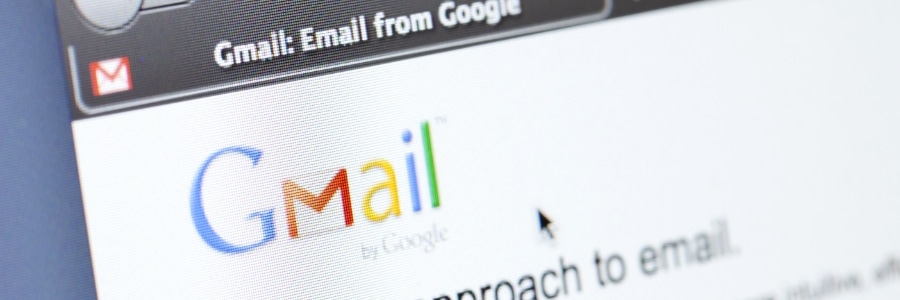A massive data dump surfaced recently, revealing 183 million account credentials captured via infostealer malware logs, malicious tools that secretly harvest passwords and login details from infected devices. Among the records were confirmed Gmail passwords, making this one of the largest and most significant incidents of its kind. The Gmail password leak demonstrates how even trusted platforms can be indirectly compromised when users’ devices are hacked.
Importantly, this is not evidence of a direct hack of the Gmail server. Rather, the exposure comes from user devices infected by malware, browser theft, or credential stuffing, where reused credentials from other breaches are tested on Gmail accounts.
Understanding the Infostealer Malware Behind the Gmail Password Leak
Infostealer malware typically runs quietly in the background, capturing credentials as users type them into websites or autofill forms. Unlike large-scale data breaches at companies, it targets individuals’ devices. The stolen data is then aggregated in logs shared across underground marketplaces and Telegram channels.
Analysts note that a significant portion of the 183 million credentials were drawn from older breaches or known leaks, but the inclusion of 16.4 million previously unseen credentials shows this leak includes fresh compromises. Once exposed, these credentials become fodder for credential stuffing attacks automated tools test the same username/password pairs across multiple services to exploit password reuse.
Why the Gmail Password Leak Should Concern Users
Because Gmail is often the hub for personal and business accounts (think password resets, cloud storage, and communications), its compromise can lead to cascading damage. Attackers gaining access to Gmail can:
-
Intercept password reset links for other services.
-
Access sensitive documents (Drive, Photos, etc.)
-
Impersonate victims via email.
-
Escalate into social engineering for internal systems
Given that many people reuse passwords, the Gmail password leak highlights the urgent need to update password habits and enable stronger authentication methods.
What Google’s Saying About the Gmail Password Leak
Google has responded by emphasizing that this is not a Gmail breach in the sense of a server compromise. The exposed credentials result from infostealer activity and are drawn from a wide set of services.
They advise users to enable two-step verification, adopt passkeys, and take immediate action when large dumps of credentials appear. Still, the scale of the leak is concerning. Even if Gmail wasn’t directly hacked, millions of verified Gmail accounts were impacted by this broader incident.
What You Should Do: 4 Steps After the Gmail Password Leak
-
Check if your credentials were exposed.
Visit Have I Been Pwned (HIBP) and enter your email to see if it appears in the 183 million dataset. -
Change your Gmail password (and others)
If your Gmail password was exposed or if you reused that password elsewhere, change it everywhere immediately. -
Enable two-step verification (2SV or MFA)
This adds a second barrier, even if someone has your password. Use an authenticator app or security key when available. -
Adopt passkeys and unique passwords.
Move away from basic passwords to stronger authentication methods. Use a password manager to generate and store unique passwords for each site.
Final Thoughts: Lessons from the Gmail Password Leak
The Gmail password leak within the 183 million credential dump is a striking reminder that security begins at the device level. Even the strongest services can’t guard against malware on your computer or password reuse across sites.
For businesses and individuals alike, the takeaway is clear: ensure every user accounts for credential theft risks, enforce better password hygiene, and deploy multi-factor or passwordless protections.
At Capital Data Service, Inc., we help organizations audit their authentication systems, implement modern identity controls, and train staff to recognize threats like the Gmail password leak. Let us help you stay secure in a world where leaks of this scale are becoming more common.


